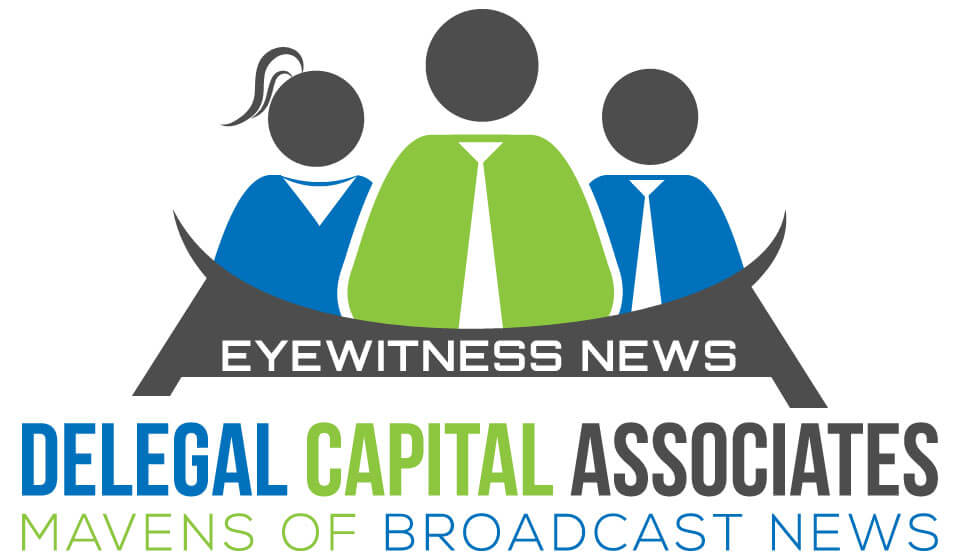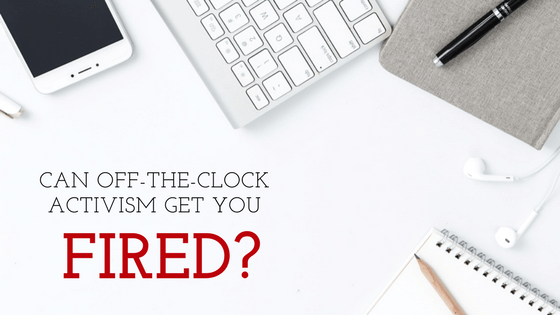Freedom of speech. It’s one of our foundational rights; the central tenet around which our great nation was built. It’s celebrated during political rallies, expounded during protests, and held up in skirmishes on social media. In every case, variations on the same phrases ring out:
“I have a right to be heard. You can’t take my right to free speech away from me.”
But how solid is that foundation? As it turns out, invoking your freedom of speech might not be as effective as you hope. Some people come to work on Monday only to find themselves dragged before company review for their decision to protest a local official outside of work on Sunday. The gap between what we believe our right to free speech covers and what said rights actually protect is shocking – and from a career standpoint, frightening. According to the letter of the law, your first amendment rights do not explicitly extend to your employer, and no federal laws extend to cover the lack. Thus, your off-the-clock fight to further Republican party might just land you an uncomfortable meeting with your liberal supervisor during the workday.
Now, this doesn’t usually happen. Odds are, if you do your job well, are affable at the office, and don’t spend half the day chatting about your weekend plans to picket, you’ll be just fine. That said, it is worth knowing what rights you do (and don’t) have in the workplace. Those in states such as North Dakota, Colorado, New York, and California are broadly protected by state laws, but the vast majority of states leave decisions regarding politics and company speech up to the employers themselves. There is, however, a notable exception in that all workers are protected in union- and labor-related conversations. So, if you wanted to complain about company hours or criticize the business’s benefits packages while in the break room, you could. That said, you might find yourself in hot water with your employer if you choose to bemoan the latest partisan scandal while refilling your mug at the coffee station because there is no federal law on the books that specifically prohibits employers from firing, turning away, or denying promotions to employees because of political affiliation.
The situation is made even more murky when employer protections are thrown into the mix. In January of 2010, the Supreme Court ruled that political spending constitutes a form of protected speech – thereby allowing companies to encourage their employees towards one candidate or another so long as they don’t donate directly to that candidate’s campaign. To summarize: most employees aren’t explicitly protected from politically-based discrimination at work and indeed may face political suggestion from their employer; however, some specific worker protections do apply in certain states and on labor-adjacent topics of conversation.
So, could off-the-clock activism get you fired? Theoretically speaking, yes. But in practice, the odds are relatively low. Companies stand to worsen office morale, increase office resentment, and tear down productivity by politically discriminating against their employees. Moreover, according to Paula Bratner at the nonprofit Workplace Fairness, only a handful of these kinds of cases crop up during election cycles – though Bratner does admit that she expects more of them to appear as the climate of political polarization worsens.
My suggestion? Be active and make your voice heard – but watch what you bring into work! Don’t let a productive workplace debate sour into a long-lasting toxic animosity at the office.
Originally posted on Linkedin

